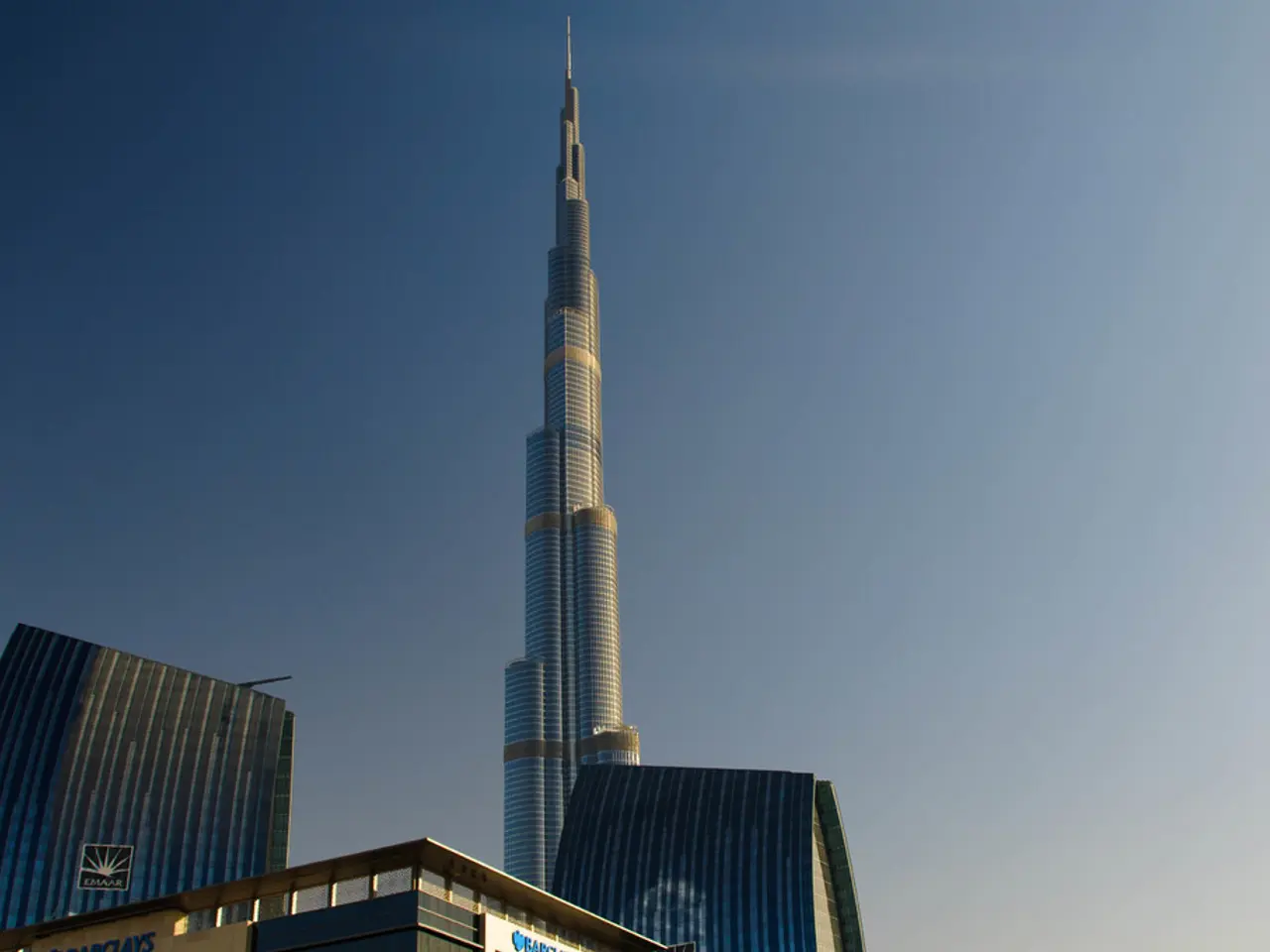Agricultural workers in Halle no longer deemed as "lesser laborers in the fields" by IG BAU
In the agricultural sectors of Halle and the surrounding regions, a severe shortage of workers, particularly seasonal workers, has been reported. This shortage has led to a heated discussion about wages and working conditions for these workers, who predominantly hail from Eastern European countries such as Romania, Bulgaria, Poland, Croatia, and increasingly Central Asia.
Kerstin Fischer, a prominent figure in the agricultural sector, has been vocal about the importance of fair wages. She argues against being "stingy with wages" and emphasizes that every wage pressure exacerbates the worker shortage. The IG BAU, the Industrial Union Building-Agriculture-Environment, shares this sentiment and warns against the exploitation of foreign harvest helpers, stressing that they are not "field workers of the second class."
Sadly, many seasonal workers in Halle and the region are often paid less than the statutory minimum wage of 12.82 euros per hour in Germany and live in substandard accommodations. They are also burdened with high rent for their living quarters and additional costs for transportation and mediation to the farmers in the region.
In contrast, the Netherlands has a higher minimum wage for seasonal agricultural workers. As of January 2025, the general national minimum wage in the Netherlands will be €14.06 per hour. Employers who hire seasonal workers must pay at least the CAO standard wage, which in many cases aligns with or exceeds the national minimum wage to comply with legal and permit requirements.
Comparatively, Germany's national minimum wage, at €2,149 per month gross, translates roughly to about €12.50 per hour assuming a full-time employment basis. However, from next year, the minimum wage in Germany will increase to 13.90 euros per hour.
Interestingly, the German Farmers' Association had proposed paying seasonal workers only 80% of the statutory minimum wage, but this demand has been rejected by the Federal Ministry of Agriculture in Berlin. In the Netherlands, farmers pay a minimum wage of 14.40 euros per hour to their seasonal workers, which is 1.58 euros above the statutory minimum wage in Germany.
To address the concerns of seasonal workers, the advisory network Fair Mobility of the German Trade Union Confederation (DGB) can be contacted for help. They can be reached at [email protected] or 030-219 65 37 21. The IG BAU also advocates for fair wages and proper accommodations for these seasonal workers.
In an effort to alleviate the burden on agriculture businesses, the black-red federal government plans to reduce the electricity tax for agriculture, and from 2026, there will again be full reimbursement for agricultural diesel at 21.4 cents per liter.
The website www.fair-mobility.de provides information in languages relevant to seasonal workers, according to IG BAU Saxony-Anhalt South. This resource aims to ensure that seasonal workers are treated fairly and have access to accurate information about their rights and working conditions.
In a bid to improve the working conditions of foreign seasonal workers, the IG BAU advocates against viewing them as "field workers of the second class" and supports fair wages. Meanwhile, the Dutch workplace-wellness and health-and-wellness sector offers seasonal agricultural workers a minimum wage of €14.06 per hour, significantly higher than the German minimum of €12.82, acting as a model for better treatment and sports of workers.




